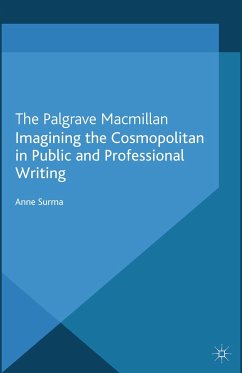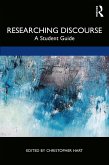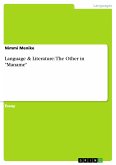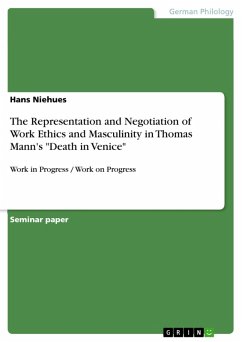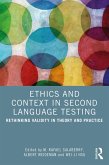Viewing literature as one among other forms of communication, Roger D. Sell and his colleagues evaluate writer-respondent relationships according to the same ethical criterion as applies for dialogue of any other kind. In a nutshell: Are writers and readers respecting each other's human autonomy? If and when the answer here is "e;Yes!"e;, Sell's team describe the communication that is going on as 'genuine'. In this latest book, they offer new illustrations of what they mean by this, and ask whether genuineness is compatible with communicational directness and communicational indirectness. Is there a risk, for instance, that a very direct manner of writing could be unacceptably coercive, or that a more indirect manner could be irresponsible, or positively deceitful? The book's overall conclusion is: "e;Not necessarily!"e; A directness which is truthful and stimulates free discussion does respect the integrity of the other person. And the same is true of an indirectness which encourages readers themselves to contribute to the construction and assessment of ideas, stories and experiences - sometimes literary indirectness may allow greater scope for genuineness than does the directness of a non-literary letter. By way of illustrating these points, the book opens up new lines of inquiry into a wide range of literary texts from Britain, Germany, France, Denmark, Poland, Romania, and the United States.
Dieser Download kann aus rechtlichen Gründen nur mit Rechnungsadresse in A, B, BG, CY, CZ, D, DK, EW, E, FIN, F, GR, HR, H, IRL, I, LT, L, LR, M, NL, PL, P, R, S, SLO, SK ausgeliefert werden.





